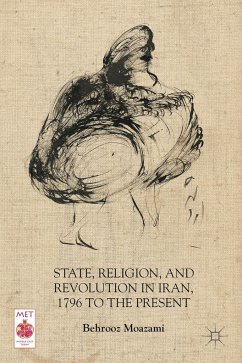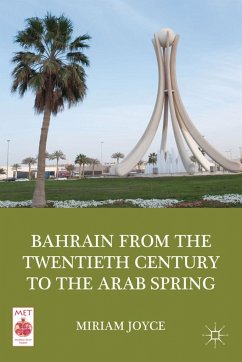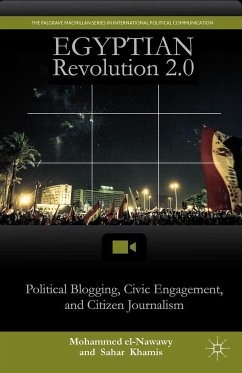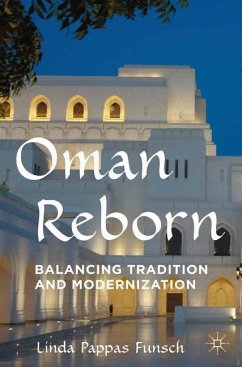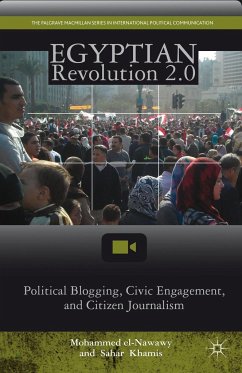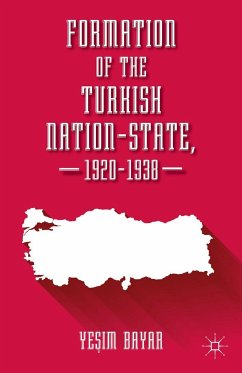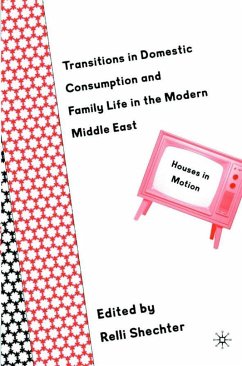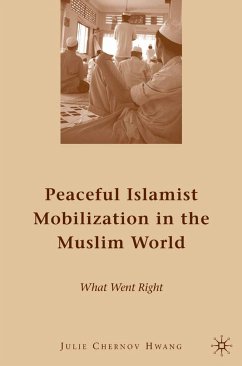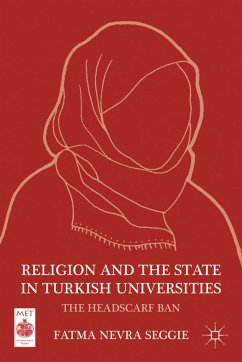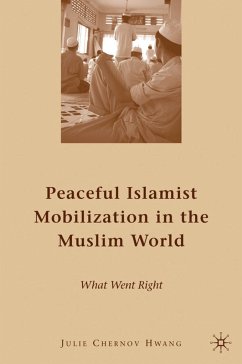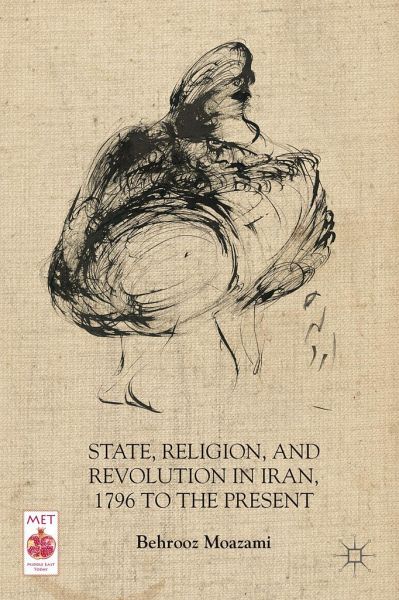
State, Religion, and Revolution in Iran, 1796 to the Present
Versandkostenfrei!
Versandfertig in 6-10 Tagen
76,99 €
inkl. MwSt.
Weitere Ausgaben:

PAYBACK Punkte
38 °P sammeln!
Two basic assumptions have shaped understanding of recent Iranian history. One is that Shi'ism is an integral part of Iran's religious and cultural landscape. The other is that the ulama (religious scholars) have always played a crucial role. This book challenges these assumptions and constructs a new synthesis of the history of state and religion in Iran from 1796 to the present while challenging existing theories of large-scale political transformation. Arguing that the 1979 revolution has not ended, Behrooz Moazami relates political and religious transformations in Iran to the larger instab...
Two basic assumptions have shaped understanding of recent Iranian history. One is that Shi'ism is an integral part of Iran's religious and cultural landscape. The other is that the ulama (religious scholars) have always played a crucial role. This book challenges these assumptions and constructs a new synthesis of the history of state and religion in Iran from 1796 to the present while challenging existing theories of large-scale political transformation. Arguing that the 1979 revolution has not ended, Behrooz Moazami relates political and religious transformations in Iran to the larger instability of the Middle East region and concludes that turmoil will continue until a new regional configuration evolves.



